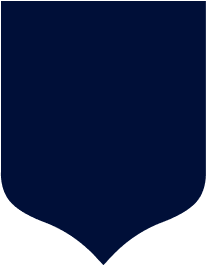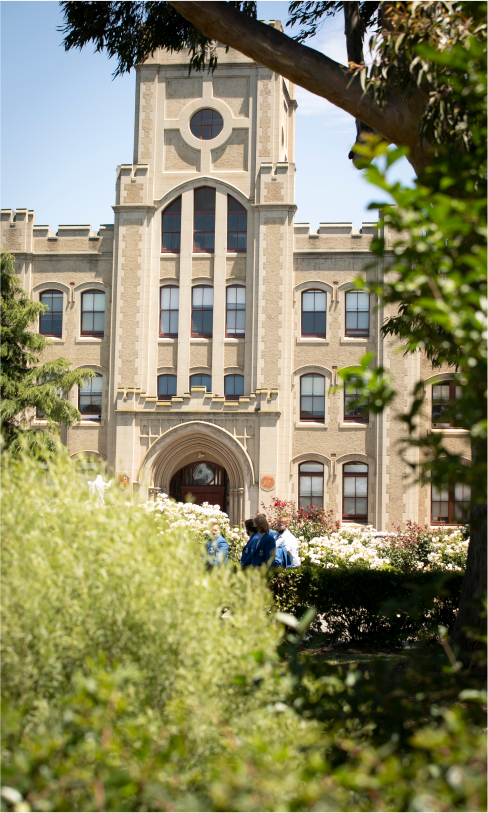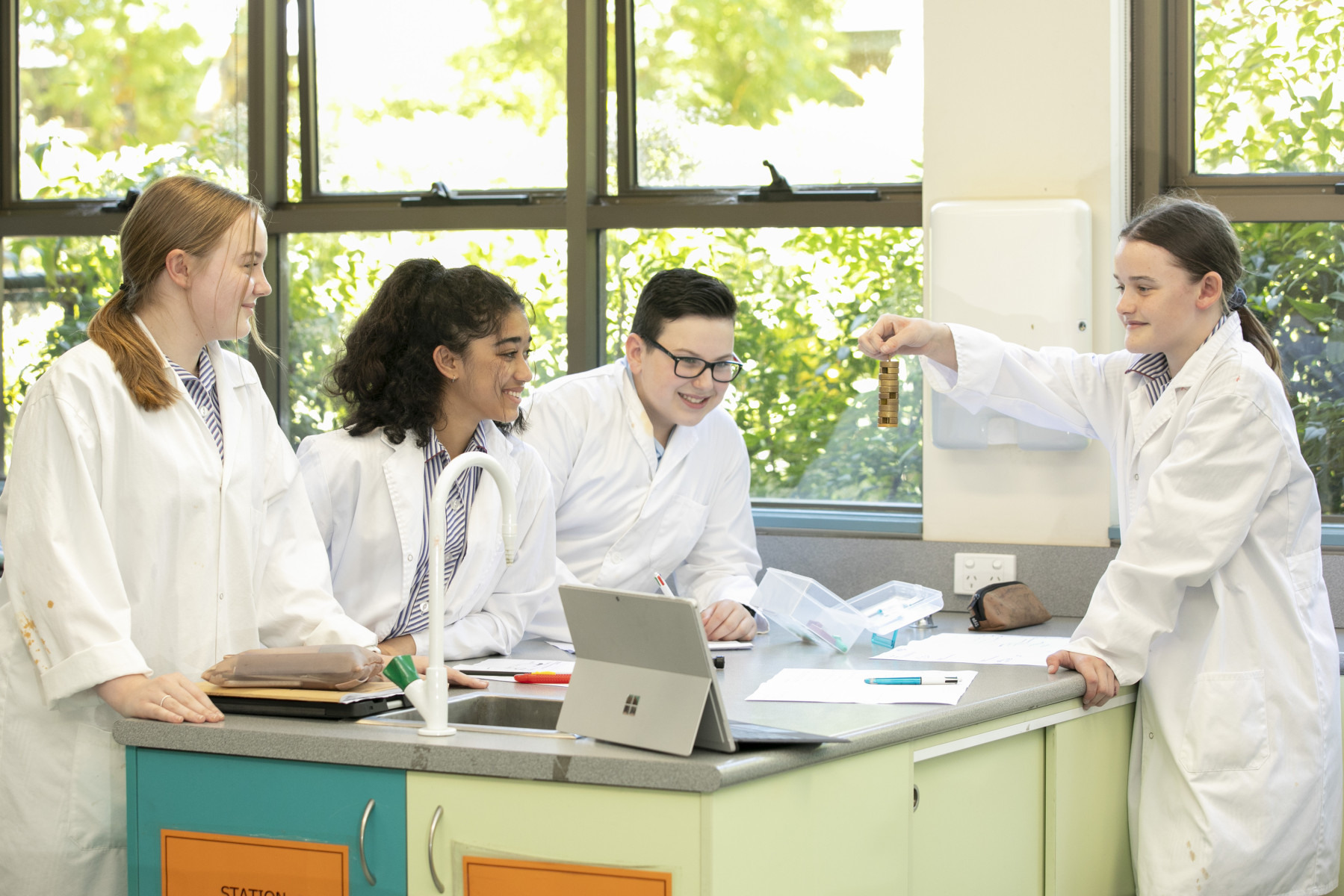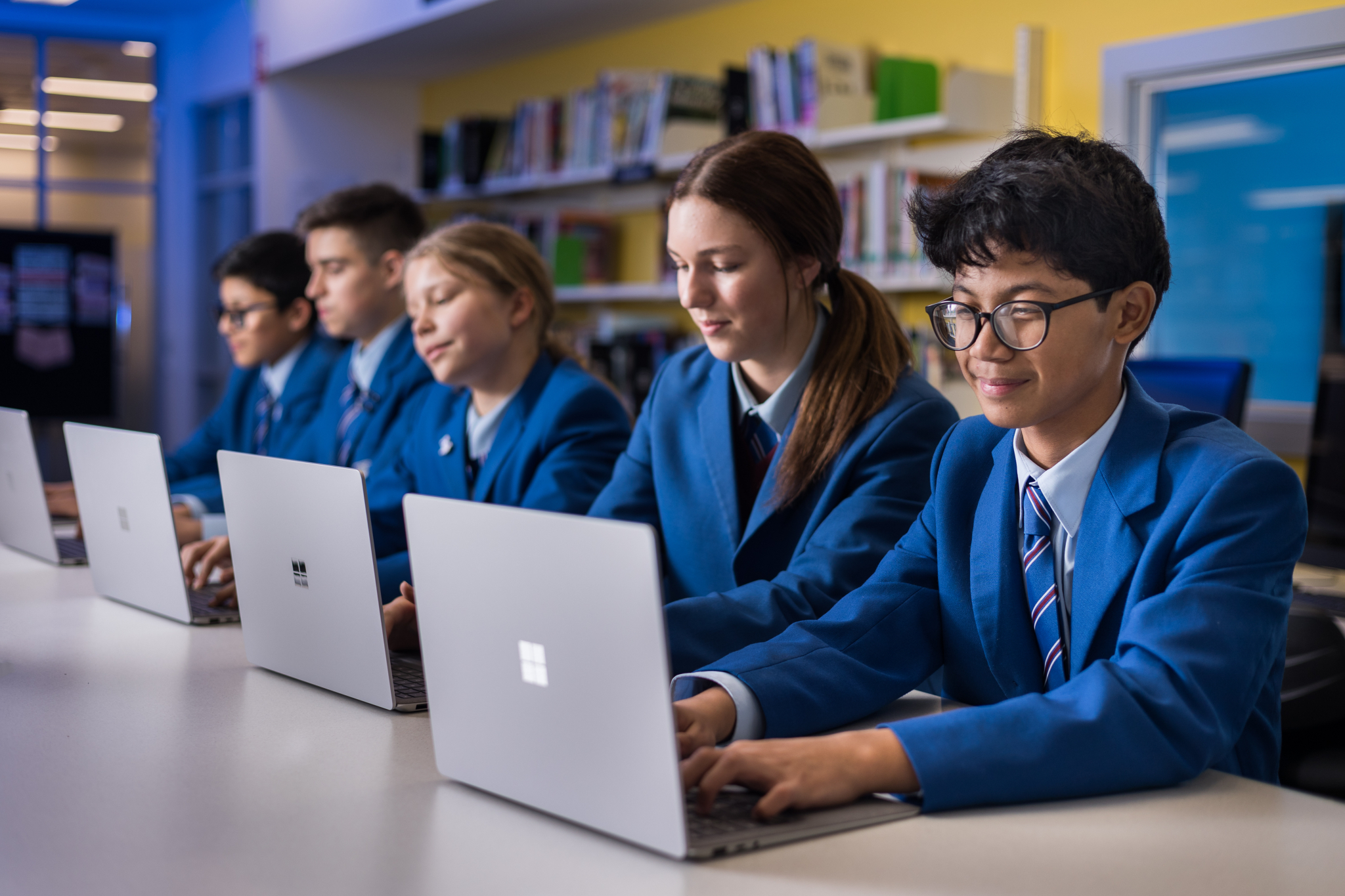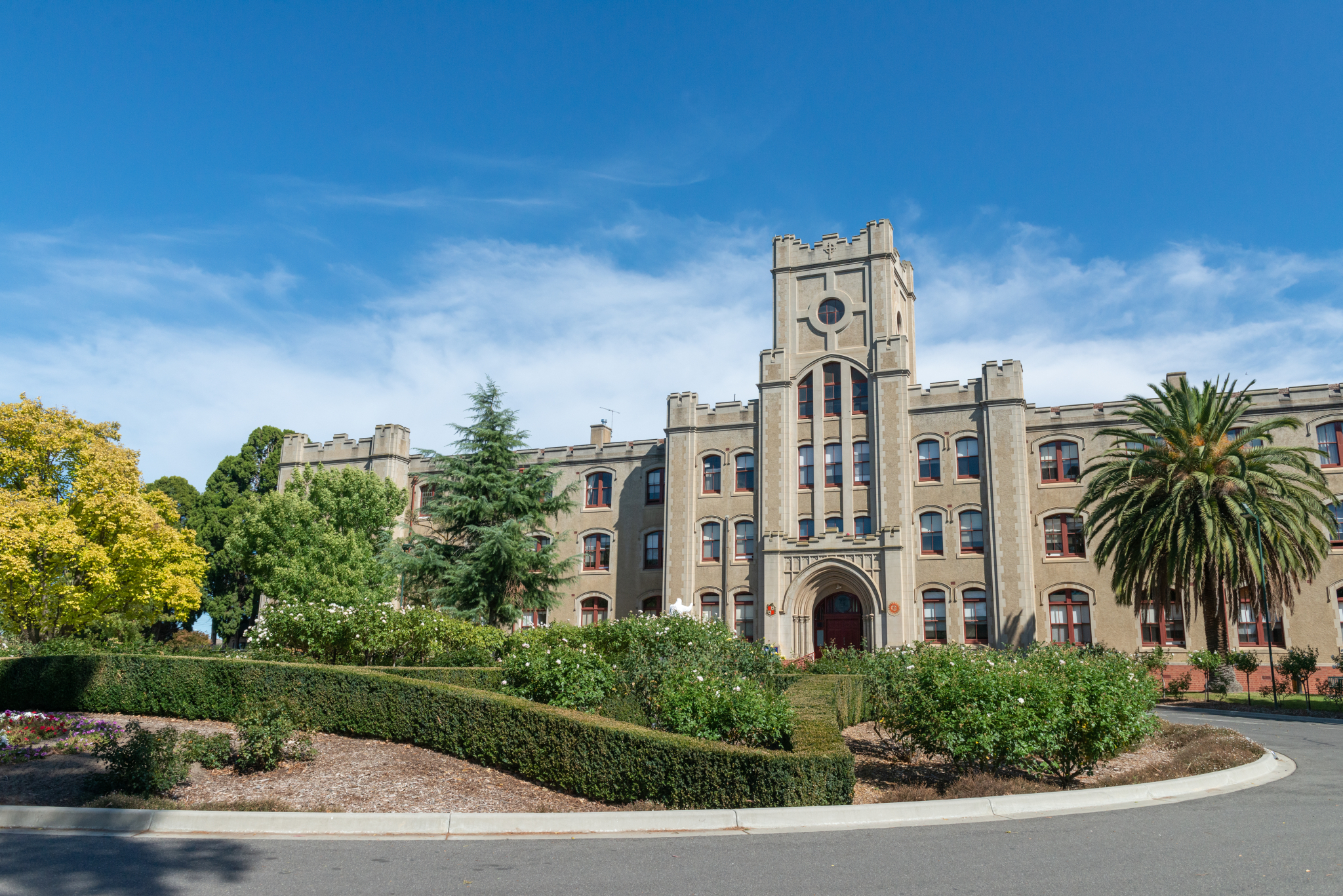Coding
Year 9 Coding introduces students to fundamental coding concepts through various programming languages such as Python and Javascript. Students explore what coding is and why it is important; in particular they learn about it's real-world applications in industry.
Students explore basic coding concepts such as algorithms, variables, and loops. Students are also Introduced to computational thinking and problem-solving skills that they apply when coding programs to perform calculations, input/output operations, and simple decision making.
Students are encouraged to apply creativity and innovation in designing and implementing coding projects.
Emerging Technologies
This subject focuses on developing understanding and skills in computational thinking. Topics include emerging technologies such as artificial intelligence, virtual reality, augmented reality, Drone Programming, and Sphero-Bolt robot Programming. Students also learn to use spreadsheets, computational thinking and Python programming.
Students investigate the role of hardware and software in managing, controlling and securing access to data in networked digital systems. This includes knowledge and skills necassary for acquiring, storing and validating quantitative and qualitative data, and for analysing and visualizing data to create information. Python coding will also be introduced to develop students’ programming skills.
Students also follow the Design process to develop a digital system for an end user. Students do this by developing, creating and evaluating alternative designs for interactive solutions.
Students plan and manage projects using interactive and collaborative approaches; they learn to identify risks, consider safety and sustainability and use ICT tools such as Thonny, Canva, REPL.IT, Microsoft Excel, Microsoft Word and TinkerCad to create information products.
Year 9 Emerging Technologies would be suitable for students who have an interest in emerging technologies, information technology, problem-solving, designing, programming, spreadsheets and multimedia.
Fabric Printing and Production
In this subject, students explore the world of fabric printing and its role in the textiles industry.
Students investigate a range of traditional and contemporary fabric printing techniques and utilise these to create and engineer their own designs for print.
Student will learn about a range of career pathways in this field, and how to license their art for use in textiles production.
This course is optimised to prepare students for Year 10 Textiles, where the skills they acquire can be further developed.
Food Studies
Year 9 Food Studies builds on skills acquired in Year 8. This course looks at the origins of the food that we eat and investigates the environmental impacts of growing and consuming food products. Students use enquiry-based learning throughout the semester as they investigate, design, produce and evaluate a wide variety of food products. Students are taught to prepare food competently and independently, as well as make healthy food choices.
The unit commences with an investigation into food styling and presentation, sustainability, environmental issues associated with food, the origins of food, vegetarian diets, and Australia’s appreciation and enjoyment of take-away food.
Food safety and hygiene practices, and the nutritional properties of different foods are important elements in this course of study. Students analyse and evaluate recipes and design their own dishes based on requirements outlined in design briefs. Students undertake a practical lesson each week, during which they gain competence in the use of a wide range of tools and equipment within the Food Studies Kitchen.
This unit is an excellent introduction and preparation to progress further into Year 10 Food Studies. Loyola College is committed to providing a safe learning environment for all its students, and consideration is made for students who experience adverse reactions or intolerances to particular foods. In particular peanut products are not included as ingredients in any Food Studies recipe. Full disclosure of any anaphylactic allergies will need to be communicated to the relevant teaching staff member prior to commencing this unit.
Robotics
The Year 9 Robotics provides a comprehensive introduction to robotics, covering fundamental concepts in robot design, electronics, programming, and control systems. It emphasises hands-on learning through practical projects and encourages critical thinking and problem-solving skills essential for success in robotics, systems technology and related STEM fields.
Textiles
In Year 9 Textiles students develop their sewing and design skills. Beggining with a design brief, students investigate, design, plan, produce and evaluate textiles products.
Students create a Personal Fashion Profile and research their own personal preferences in fashion by creating mood boards and researching clothing styles. Students learn the techniques of fashion drawing by producing their own fashion illustration, and they complete design Folio work that incorporates research of inspiration and visual presentation.
Students are taught to interpret and use commercial sewing patterns, and to safely use electonic sewing machines and other textiles equipment. Students apply these skills by producing a pencil case and a pair of designer shorts featuring decorative finishing. Students are encouraged to make their own design choices through these projects.
Wood
In Year 9 Woodwork, students build on the design and construction skills that they developed in Year 8. Students complete a research project to better understand how great furniture designers, maker and manufacturers develop products to satisfy the needs of end users. Students then develop their own product design by following the Design process; they investigate, define, generate and produce a wooden desk-organiser.
Students first identify and profile an end user of their choosing, they are then taught woodworking skills in a carefully developed, scaffolded lesson sequence. Students are taught how to measure and mark timber, how and when to use various cutting techniques, how to assemble timber products, and how to finish them to a professional standard using safe working practices.
Students learn to digitally prototype their products by using 3D modelling software Fusion 360. Students create exact digital models of their ideas and use these models to generate working drawings. These drawings serve as a guide for students during the production process. Students then produce their own desk organiser using their own design drawings and the skills they developed throughout the unit.
This course teaches students real-world, industry relevant skills, and builds the knowledge, independence and confidence of the students who undertake it.

